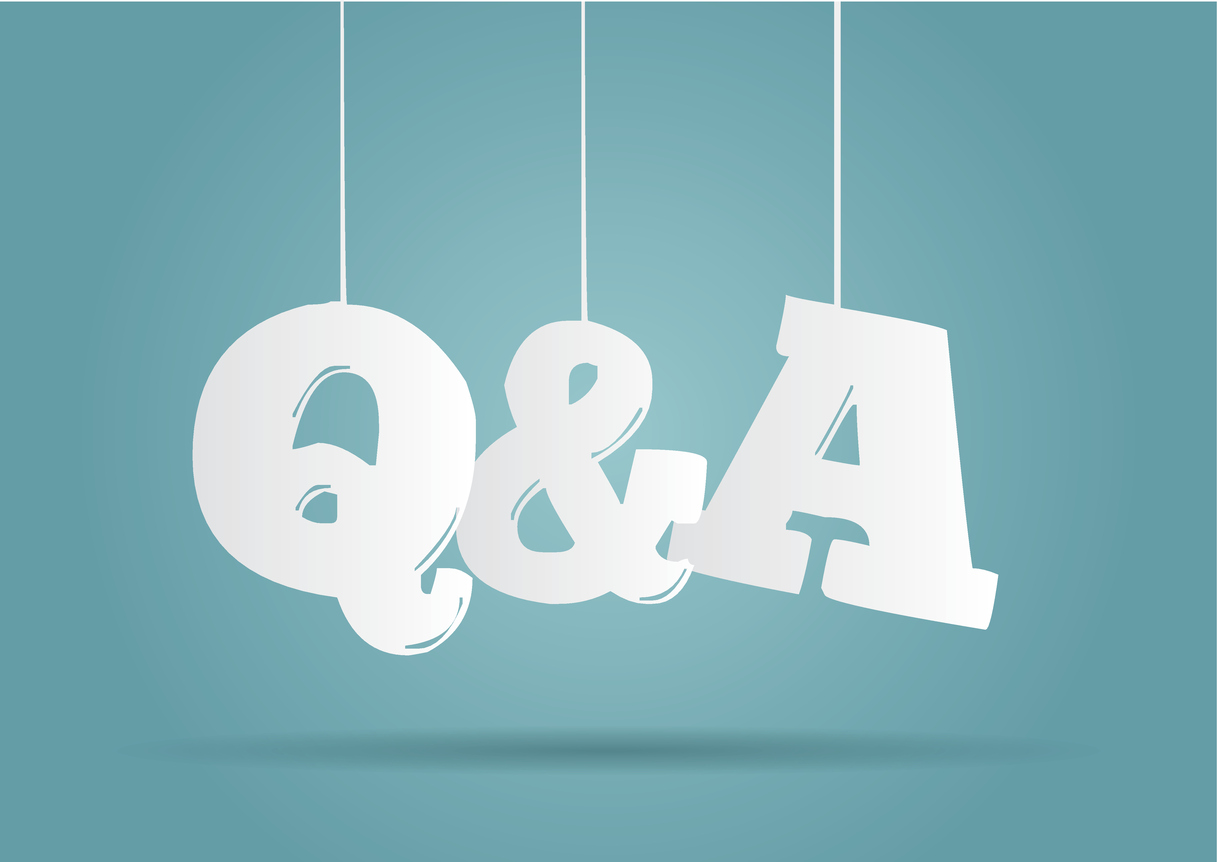Today, the FDA issued a guidance document titled Development of Abbreviated New Drug Applications During the COVID-19 Pandemic – Questions and Answers (here). This guidance responds to questions that have been asked by sponsors since the pandemic began, covers a multitude of issues, and outlines some areas of relief for applicants. Remember that the answers provided regarding relief are applicable ONLY until the public health emergency expires.
This guidance addresses questions related to (A) generic drug product development, (B) submission and assessment of ANDAs, and (C) marketing and exclusivity. Highlights of each section are summarized below but there are other responses that may not be addressed in this post so please read the entire guidance to see whether your concerns are addressed
Generic Drug Product Development
The product development section and the OGD’s answers assume that the bioequivalence studies have been delayed or interrupted during product development. Use of the test product that has expired is addressed and will be permitted if the firm can provide data to ensure that the test product remains within product specifications, or the sponsor may manufacture an additional test batch of material if certain requirements are met. It also notes that, if the reference listed drug (RLD) batch expires prior to completion of all required studies, a new RLD batch may be used, but only for the remaining studies. However, the OGD suggests that the proposal to demonstrate sameness of the RLD be outlined in a controlled correspondence prior to starting any new study. If the RLD batch expires mid-stream in a suspended study, the OGD notes that it is not acceptable to use the expired batch of RLD to complete the study, but it may be acceptable to use a different batch of RLD (if the data supports its use).
The FDA reaffirms that it is not acceptable to use a foreign approved product for the conduct of BE studies as the foreign product has not been approved in the U.S. for safety and effectiveness.
ANDA Submission, Receipt, and Assessment
The question of priority review is addressed if the product is used in the treatment of COVID-19 and the Agency notes that it will “consider whether the ANDA is (1) for a drug being investigated to treat or prevent COVID-19, but is not labeled for this use, or (2) for a drug being used for its labeled use to treat or prevent secondary conditions associated with COVID-19.” However, it is noted that requests for priority review are evaluated only at the time of ANDA submission.
The FDA addresses the issue of submission of an ANDA with less than the full complement of stability data and notes that the Agency would like to see six months accelerated and room-temperature stability at time of submission. However, with adequate justification, “[i]f a prospective ANDA applicant intends to submit an ANDA with stability data covering a period of less than 6 months, FDA recommends that the prospective ANDA applicant submit a request for FDA concurrence to this approach via the controlled correspondence pathway.” The guidance further states, “FDA will generally accept requests to receive an ANDA with less than the full complement of recommended stability data if the drug product is on FDA’s Drug Shortage List or FDA confirms that the drug product is vulnerable to shortage. In addition, during the COVID-19 public health emergency, FDA will generally accept such requests if the drug product meets the criteria for priority review to help address the COVID-19 public health emergency,” along with a commitment to provide additional stability data as it becomes available.
The FDA continues to note that submission of an ANDA without a completed, acceptable BE study will result in a refuse-to-receive letter. No relief there because the application does not meet the definition of being substantially complete.
Marketing and Exclusivity
The FDA notes that, if a product is blocked by a period of exclusivity, then, if it otherwise meets all other approval requirements, the Agency will issue a tentative approval (TA); however, there are no provisions that would permit the marketing of a product under a TA as a TA application is not considered approved.
The Agency provides a straightforward response regarding the forfeiture provisions for 180-day market exclusivity if the ANDA does not receive tentative approval within thirty months from the date of submission. The applicable provisions are outlined in the guidance’s response to Question 15.
That’s it in a nutshell. The FDA notes that it will update these Q&As from time to time if other significant questions are raised.



